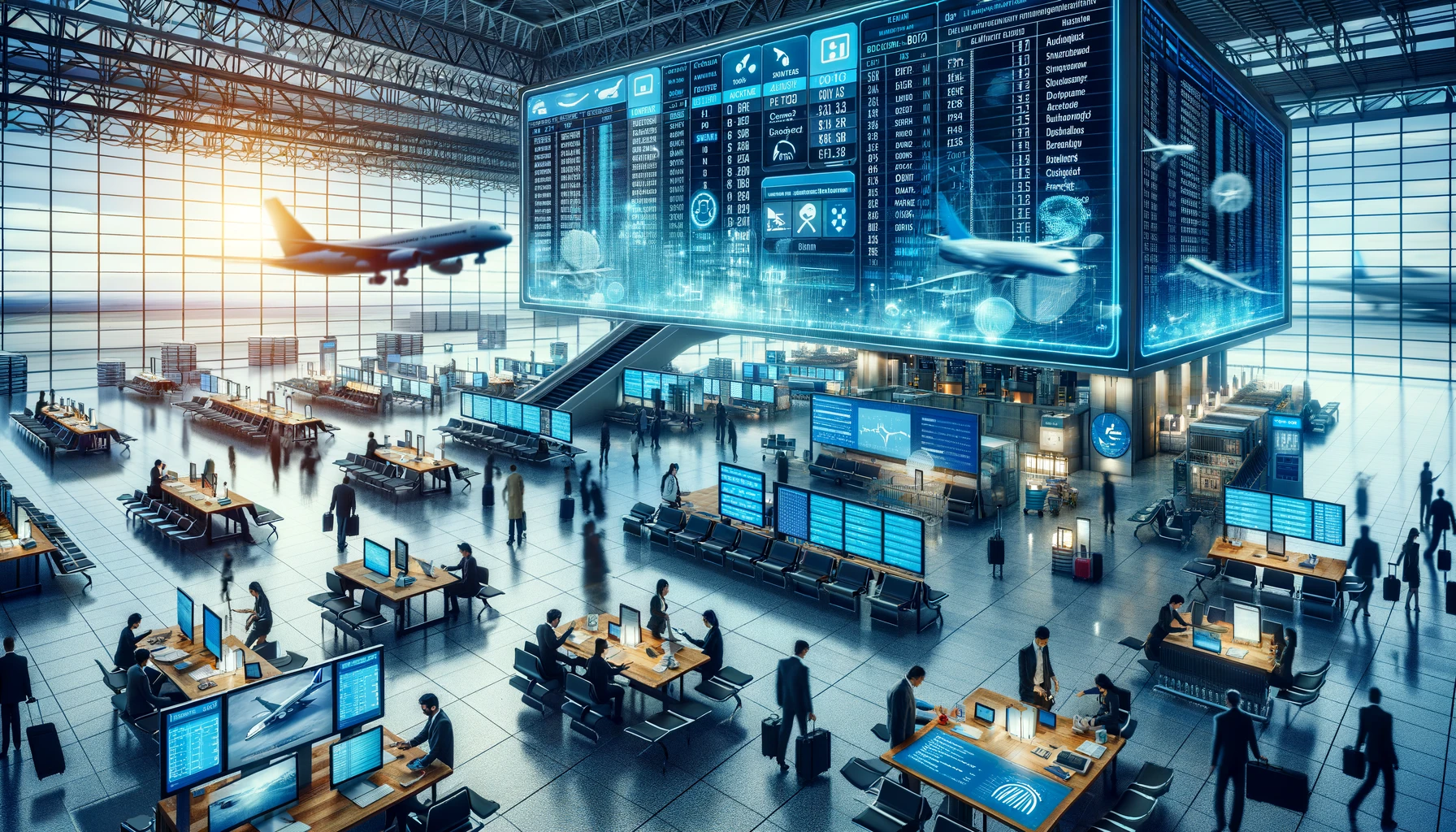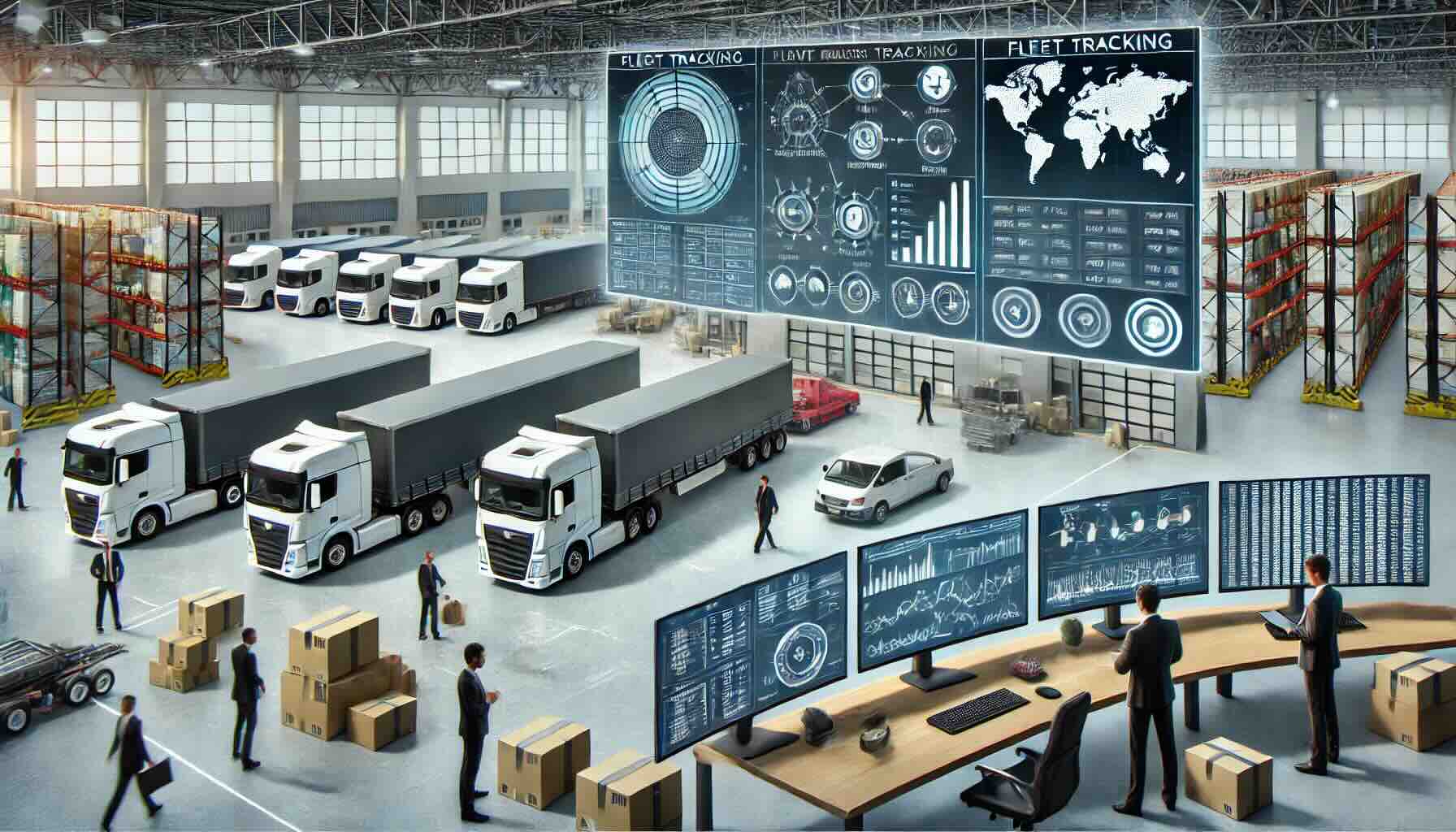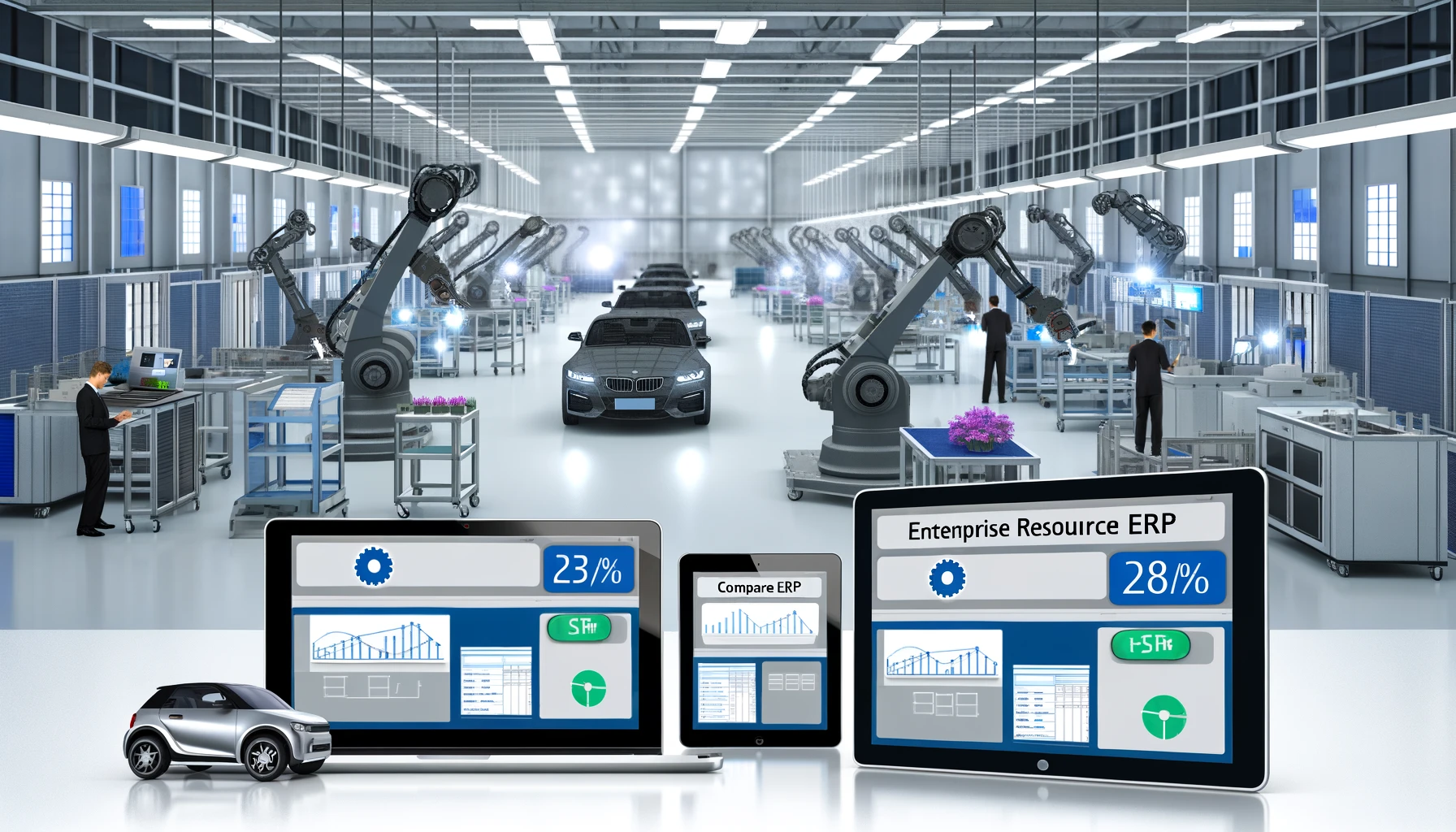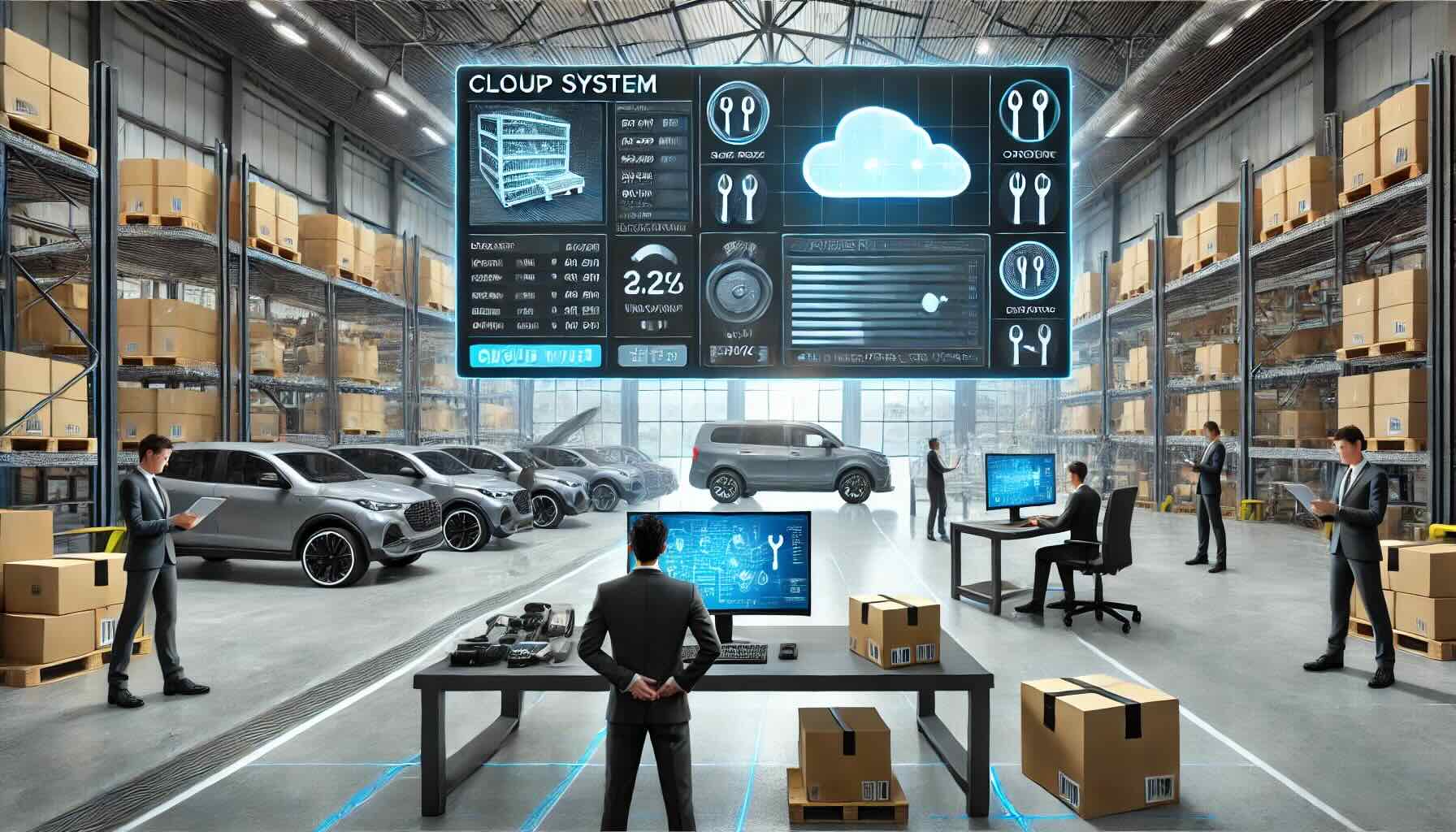Is Sage a Good ERP for the Travel Industry?

In the travel industry, managing bookings, optimizing supply chains, and maintaining customer satisfaction are crucial for success. Enterprise Resource Planning (ERP) systems integrate various business processes, enhancing operational efficiency and improving decision-making capabilities. One such ERP solution is Sage. But is Sage a good ERP for the travel industry? This blog will explore the strengths and weaknesses of Sage, helping you determine if it is the right fit for your travel business.
Strengths of Sage for Travel
- Comprehensive Financial ManagementSage offers robust financial management capabilities that are essential for travel businesses. The system provides real-time visibility into financial performance, allowing organizations to manage budgets, track expenses, and ensure accurate financial reporting. These features help travel companies maintain financial health and comply with regulatory requirements.
- Scalability and FlexibilitySage is highly scalable and flexible, making it suitable for travel businesses of all sizes, from small travel agencies to large tour operators. The system can adapt to the changing needs of travel companies, supporting growth and expansion without the need for significant additional investment in IT infrastructure.
- Customer Relationship Management (CRM)Sage includes a built-in CRM module that helps travel businesses manage customer interactions and improve customer service. The CRM features allow businesses to track customer bookings, manage inquiries, and gain insights into customer preferences and behavior. This integration helps businesses build stronger customer relationships and improve customer satisfaction.
- Real-Time Data and AnalyticsSage provides real-time data and analytics capabilities that are essential for travel businesses. The system provides real-time visibility into bookings, inventory levels, and customer behavior. This enables quick decision-making and allows travel companies to respond promptly to market trends and customer demands. Advanced reporting tools help businesses gain insights into operational performance, market trends, and financial metrics.
Weaknesses of Sage for Travel
- Implementation ComplexityImplementing Sage can be complex and time-consuming, particularly for larger travel organizations with extensive existing systems. The transition to a new ERP system requires careful planning, significant resources, and potentially, the assistance of external consultants. This complexity can delay the realization of benefits and increase implementation costs.
- High Initial CostsWhile Sage offers a robust set of features, the initial setup and customization costs can be high. This may be a barrier for smaller travel businesses with limited budgets. Additionally, ongoing maintenance and support costs can add up over time.
- Customization ChallengesCustomizing Sage to meet specific travel business needs can be challenging. While the system is highly functional, extensive customization may require additional development work, which can be costly and time-consuming. Travel companies with unique or complex requirements might find it difficult to tailor the system to their exact specifications.
- Learning CurveDue to its comprehensive features and capabilities, Sage has a steep learning curve. Extensive user training is necessary to ensure that employees can utilize the system effectively. This training can be time-consuming and may require additional resources, which can be challenging for smaller organizations.
How Sage Can Benefit Travel Businesses
Despite some limitations, Sage offers several features that can significantly benefit travel businesses. The system’s robust financial management tools ensure accurate and efficient financial operations, helping organizations maintain financial health and comply with regulatory requirements. Its scalability and flexibility support growth and adaptation to changing needs. The CRM module helps travel companies build stronger customer relationships, enhancing customer loyalty and driving repeat business. Additionally, Sage’s real-time data and analytics capabilities provide valuable insights, enhancing decision-making and operational efficiency.
Conclusion
Sage ERP offers a range of powerful tools that can significantly benefit travel businesses. Its strengths in robust financial management, scalability and flexibility, CRM, and real-time data and analytics make it an attractive option for many companies in this sector. However, the system also presents challenges, such as implementation complexity, high initial costs, customization challenges, and a steep learning curve. Travel businesses must weigh these factors carefully against their specific needs and resources.
Ultimately, whether Sage is the right choice for a travel business depends on its size, budget, and operational requirements. By thoroughly evaluating these aspects and considering potential challenges, travel businesses can make an informed decision that aligns with their strategic goals and enhances their operational efficiency.
To compare Sage with 100s of other ERP solutions, you can use our new AI-powered Compare ERP tool. It’s free to use and you get a guaranteed discount on your first year’s licence fees with a referral from Compare ERP.









